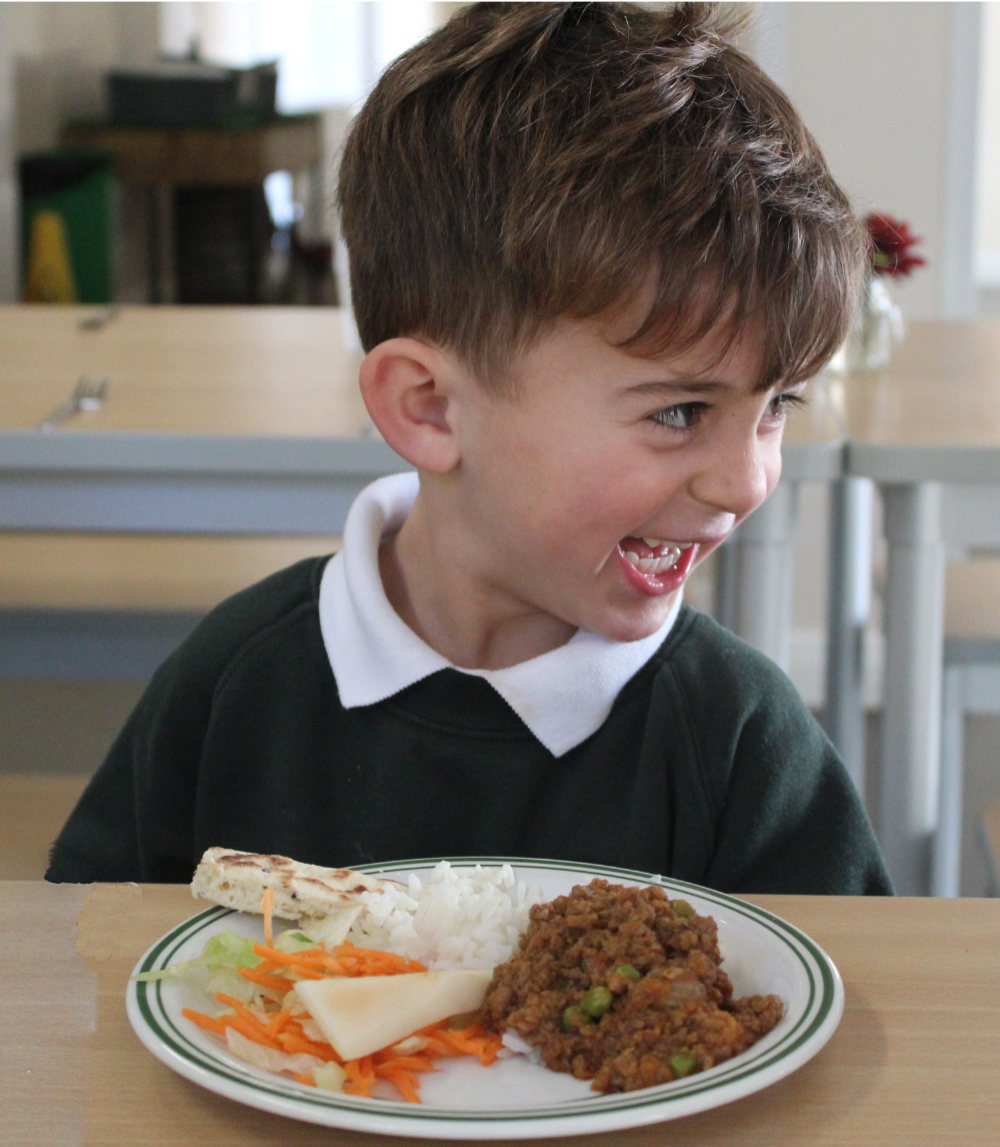You may, or may not, be relieved to know that parental anxiety is a normal part of parenthood. You’re not the first, and you won’t be the last parent to deal with over-worrying, which means there are plenty of resources available to help alleviate your parental anxiety.
To help with any tension and nervous habits that may have built up, we thought we’d comprise an article of helpful tips to remind you to take some time to destress and deconstruct your anxious thoughts.
Here at St Peter’s Prep, our boarding school based in Devon, we are committed to supporting our pupils. We believe that every child should have a chance to reach their full potential, which is why we deem it essential to reach out and support the parents of our pupils too.

What is Parental Anxiety?
All parents worry over their children; it comes with the job description. It’s only natural for a parent to worry about their baby; after all, you brought a new life into the world.
There are times when the worrying will get out of control. Parental anxiety involves excessive worrying over potential things that may go wrong. These anxious habits are over expressions of healthy traits, such as care, fear, planning ahead and avoiding potential risks.
If you have parental anxiety, it’s important to recognise that these are positive traits that can be used healthily and productively. So, it’s essential not to beat yourself up or blame yourself for these compulsions; that will only do more damage than good.
If you find that anxiety is a chronic issue for you, it is best that you speak to GP for further information and support. They will be able to advise you on what steps to take in order for you to find a calmer headspace.

Tips for Over-worrying Parents
Whether you have parental anxiety or not, you will still find yourself worrying about your child, some days more so than others. Below, we have listed some helpful thought processes and habits that can help to relieve some of the stress.
Accept that You’re Anxious
If you are an anxious person in general, the best thing you can do is accept that you are anxious. Refusing to acknowledge your anxious feelings or simply pretending not to be anxious, is completely counterproductive.
If you are an anxious or stressed person and believe that there is something wrong with feeling that way, the negative feelings will often feel heightened from the added pressure, worsening the situation.
Anxiety is a survival strategy; it plays an essential role in facilitating the fight or flight response. Being responsible for another human being’s welfare will naturally heighten this.
Breathe
Although you may find this solution tiring to read or even overused, it’s an incredibly effective tool to use, one that you can share with your child in a child-friendly manner.
Simple breathing exercises can reduce psychological provocation. The method is straightforward, slowly inhale through your nose and exhale out of your mouth until you feel calmer.
This method will also provide you with some time to respond to whatever has triggered your anxieties; not everything needs to be met with an immediate response.
You can teach these tools to your children to demonstrate how to cope with overwhelming feelings by slowly blowing up a balloon or gently blowing a bubble, so it doesn’t pop.
Understand What You Can and Can’t Control
The first step to tackling an issue when you find yourself worrying about your child or a potential situation is asking yourself: can you control it? Are there measures you can put in place to ensure that whatever happens is as damage-controlled as possible?
For example, if you’re worried about your child’s health, then you can offer veg, but you can’t make them eat it. Otherwise, the event will unfold in a ‘you can’t control/make me’ dynamic, which is entirely unrelated to veg.
Do what you can, but also accept that you can’t possibly control every single outcome. This realisation alone can be calming.
Differentiate Fact and Fear
When things snowball in our minds, we can quickly become carried away with unrealistic predictions or assumptions. Situations are far less probable than we deem them in an anxious state of mind.
Check in with the reality of the situation and if it really is probable. What evidence do you have to back up your anxious fear? Checking in like this can help to step back and take a look at the bigger picture.
To help alleviate some of the anxiety, you can put steps in place to prevent issues from unfolding. For example, if you are particularly worried about your child walking to school, ensure that they are confident with road safety or walk with a group of friends.
Talk to Other Parents
Share your worries with your partner, friends or other parents. Chances are, other parents are feeling the same. We all worry for those we care about, so if you’re ever feeling overwhelmed, take some time to talk to a fellow parent; that alone can be reassuring and calming.
We hope this article has helped you with over-worrying; remember that it’s completely natural to worry about those you love!
For more information and advice, you can browse through our blog, where we share our favourite recipes, fun activities to do with the kids, and supportive articles that relate to parenting.
To discover more about our educational opportunities at St Peter’s Prep, please contact Rachel Elliott, Director of Admissions & Marketing, on 01395 280335 or email rachel.elliott@stpetersprepschool.co.uk.









